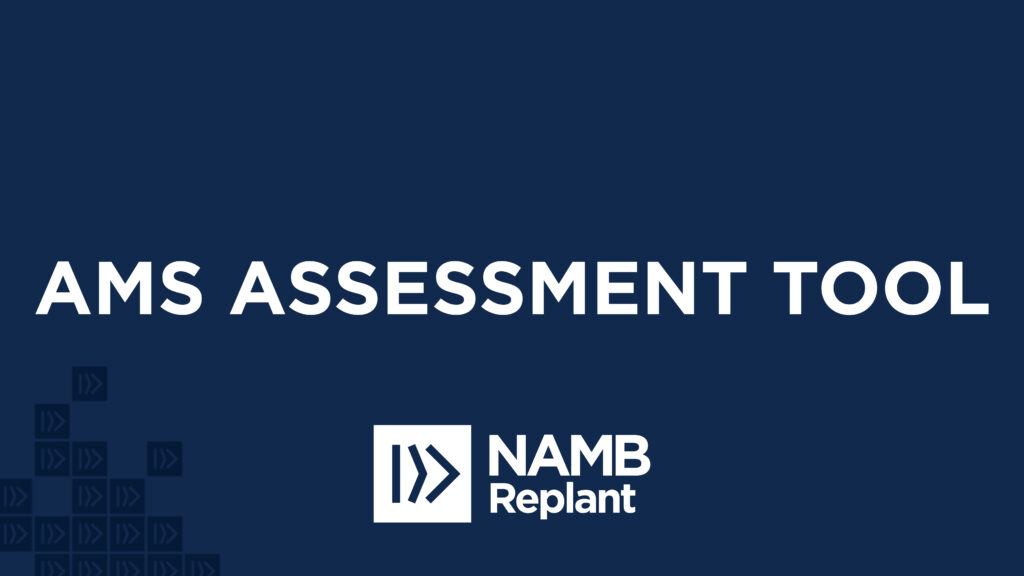Like many of you, I played sports when I was growing up. I remember when I was in third grade and wanted to be on our school’s midget football team – the McCrary Bulldogs! Back then you only had to pass a routine physical exam and be between 65 to 135 pounds.
The problem for me was that I was painfully skinny, so my mom embarked on a mission to beef me up. I ate extra potions every night at dinner and afterward she fed me Breyer’s ice cream shakes with one raw egg. We were doing the “Rocky thing” before it was popular!
But once I made the weight limit (at a whopping 66 pounds), I discovered that simply showing up to play wasn’t enough. The coaches tested me on such skills on running, catching, tackling, and blocking. From there they put me on defense, and then I had to earn playing time. As I got older, trying out and being tested on my skills simply intensified.
In fact, as I look back on my life, I realize that without assessment we won’t know where we best fit and how to maximize our contribution
The Need for Assessment as an AMS
In the work of an AMS, one is tested unofficially every week to see if you’re proficient in host of skills, ranging from financial management to conflict intervention with a church that is trying to fire a pastor for mind-boggling reasons. As my dad would often opine about such things – and I later discovered about being an AMS – that “this job ain’t for sissies!”
So If you were like me when I first started, I felt a bit overwhelmed. I was fortunate I developed friendships with people like Mark Clifton, Bob Bickford, Bob Lowman, Josh Ellis, Rick Curtis, and a host of others who helped me get a grip on how to do the job to the best of my ability. They were very gracious and let me pick their brains on multiple occasions.
I also was boosted by the work of Ray Gentry and the folks at SBCAL regarding the 18 proficiencies they developed that describe how an AMS can work at peak levels. I was very interested in this since I had a background administering and even creating assessments for all kinds of leaders in financial services, military, engineering, medicine, federal government education, etc.
My particular focus in assessment over the past 25 years has been on leadership development. In that time, I discovered three big things I saw playing out in various settings that I think will help you.
1. If the saddle fits …. There was a saying among folks who worked in this area that, “If one or two people thought you were a horse’s backside, it was simply their opinion. But if three or more thought that of you, it could be you needed to get fitted for a saddle.” (I cleaned up the language a bit here from the original delivery.) The problem in this situation is what we would refer to as fundamental lack of self-awareness.
To illustrate: You might believe you are simply a person who likes to firmly state the facts to provide clear and incontrovertible insights, which would then create an obvious pathway for solving problems. People on the receiving end of such brilliant statements might believe you border on arrogance, if not being totally insensitive. I’m speaking theoretically of course!
In the work of an AMS – particularly in difficult situations such as helping churches face the tough realties of decline – you have to have a really solid grasp on how you’re communicating. Ill-placed words, perhaps spoken in moments of understandable frustration, can run the ship of needed change into the jagged rocks of pre-existing wounds.
2. You can’t work on what you don’t know …. A close cousin to lacking self-awareness is the absence of objective measures to determine how well an AMS is performing. This is even more important following the hit taken during COVID by churches and denominational entities.
In some ways, aspects of evaluation were suspended in lieu of an “all hands on deck” call to help churches navigate an unprecedented shutdown of public meetings. While many churches worked through this with courage and vision, an overall malaise still lingers in some of our congregations, coupled with the unprecedented increase of mental illness in our society.
Despite this, depending on how you measure it, we’ve been two to three years clear of the pandemic’s major impact. That’s why it is so important to return to normalcy, especially in helping an AMS get a good handle of how things are going. Many associational strategists don’t have a real, yearly job review process whereby a leadership team can both substantively encourage them or provide clear feedback on areas of needed improvement.
The challenge of not doing this on a regular basis is not just simply missing the short-term opportunity to be helped. You can’t make progress of any kind if you don’t know how people perceive your leadership in the present tense.
You also want to avoid the somewhat-inevitable outcome of having an ever-widening gap between expectations and actual execution of job responsibilities when things are not clearly and consistently evaluated. This is typically not about any character issues. You can be a godly man with all the right intentions. But if you don’t sharpen the tools related to competence, your influence can erode right before your eyes.
Beyond avoiding any expansion of misunderstandings or fractures in trust, getting honest, objective feedback is one of the most empowering things you can do for your overall development as a leader.
3. If every problem is a nail…. When we encounter a wide range of circumstances in a given week or month, our tendency is to fall back on what is comfortable or – to put it another way – where we feel competent. But the problem with that approach is that the job requires a diverse set of skills. As I mentioned earlier, this can be overwhelming.
Scripture is replete with multiple promises of the value of waiting upon the Lord, receiving His strength when we feel weak, and how our overall posture of abiding in Christ enables the life of our Lord to flow through us (Isa. 40:28-31; 2 Cor. 12:9-10; John 15:1-5). We must remind ourselves of these truths because, without the Lord’s strength, this job becomes too burdensome to bear.
An additional comfort is that some people in the body of Christ are more capable than we are in certain areas (1 Cor. 12). We can lean on them in strategic ways in order to see the association’s ministry flourish. The more people who are able to use their giftedness and the experience they have, the wider appeal can be made to see others engage in the association.
With all this in mind, we should think of some basic, essential roles we play that ensure that what needs to happen in the rhythms of the association takes place. This should not be a long list.
When I was seeking to help the Triad Church Network revitalize, I knew what needed to happen in a general sense at first. But I often felt pulled in various directions, to the degree that I felt less and less effective. I knew something had to give.
After a good deal of prayer and some deep thinking, I came up with three basic roles I could flow in and out of. Where I was weaker, I could seek to grow more and ask for others’ help. Where I had strengths, I sought to use them in the best way possible. Those roles were boiled down to Catalyst, Coach, and Collaborator.
A New Tool to Help
As I began to share what I was learning with other strategists, they resonated with this idea and several confirmed they were doing something very similar. While I was still working with our association, I had mentioned to a few folks on the NAMB Replant Team that I thought we should create an assessment that leveraged these roles, first for development and second for evaluation.
Fast forward about a year and I’m on board with the Replant Team as the AMS Liaison. At the top of my project list was to make this assessment a reality. I worked with various members of our Replant Team, Rick Curtis and his AMS Ambassadors, Bob Bumgarner at First Coast Churches, and many others to really pin down the behaviors that best describe the roles of Catalyst, Coach, and Collaborator.
After almost two years of talking to the field we are launching the AMS Assessment March 1, 2025. Below is a link that will take you to this free tool. We also are providing follow-up coaching for anyone who wishes to explore these things more deeply.
We are convinced that a renewed and growing AMS is better equipped to be a solid leader in helping to facilitate renewal in the churches you serve. Feel free to reach out to us if you have any further questions.
ACCESS THE FREE AMS ASSESSMENT TOOL
Published February 13, 2025



